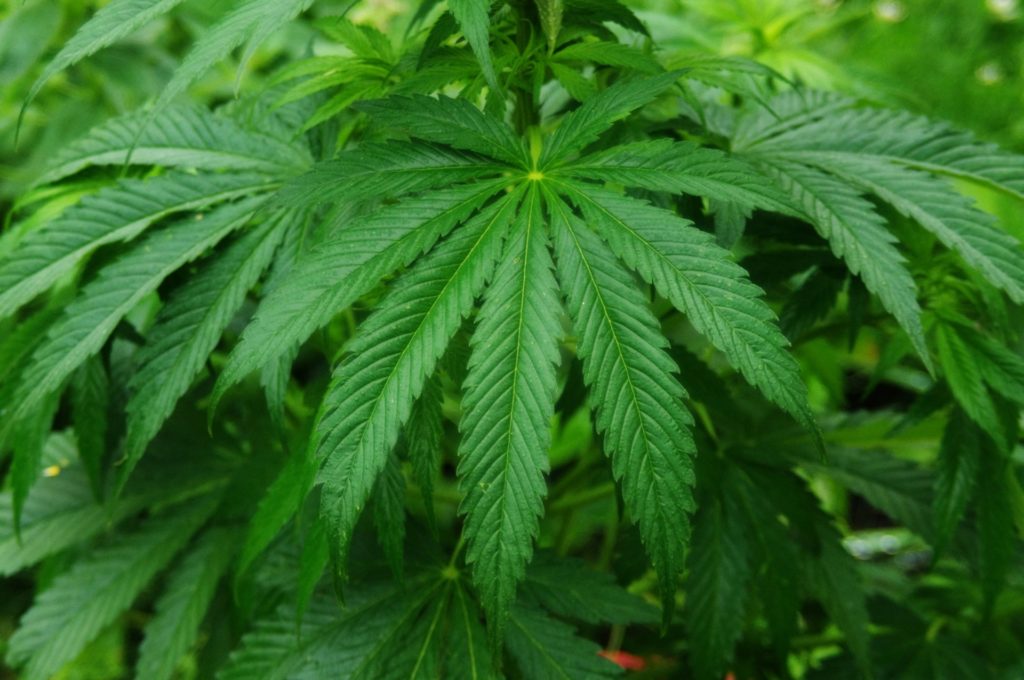The recreational use of marijuana was officially legalized in California on January 1, giving rise to many marijuana startups in the state . To prevent the recreational marijuana industry from eating into their sales, popular alcohol manufacturers are investing in producing their own cannabis-infused beverages.
In October, one of the world’s largest alcohol manufacturers, Constellation Brands, invested $191 million in acquiring a 9.9 percent minority stake of Canadian cannabis company Canopy Growth. Recognizing the financial growth potential of the marijuana industry once it’s legalized, the company invested in Canopy Growth in hopes that they could “stay ahead of evolving trends.” Constellation plans on producing cannabis-infused beverages that are free from alcohol and introducing these products in legalized states and potentially Canada once they fully legalize the substance country-wide this summer.
However, Constellation is not the only major alcohol manufacturer interested in this budding market. According to Bloomberg, brewers and distillers like Molson Coors Brewing Co., Anheuser-Busch InBev NV, Diageo Plc and Pernod Ricard SA, are looking into the cannabis market as well.
In contrast, the cannabis industry is formulating their own brands of marijuana-based beverages. Aspen-Colorado based startup, Toast, is producing a line of cannabis infused cigarettes and plans on releasing a cannabis version of Scotch whisky in the first quarter of this year. The startup – co-founded by former chief marketing officer of Budweiser, Chris Burggraeve, plans on introducing these products as complementary alternatives to traditional alcohol culture.
“Toast, is designed so wherever you would think of alcoholic drinks, you would think of Toast,” Burggraeve told Bloomberg.
Other startups are challenging the alcohol industry in their field by creating alcohol-free cannabis beverages. Los Angeles-based Rebel Coast Wines have produced alcohol-free sauvignon blanc in hopes of drawing in traditional wine consumers.
“We’re definitely focused on bringing over traditional alcohol consumers and giving them a better alternative,” one with fewer calories and no hangover, said Rebel Coast co-founder Alex Howe to Bloomberg.
The threat the cannabis industry poses on the alcohol market is huge with 64 percent of the US population wanting to see legal marijuana. In legalized states, cannabis use has significantly increased while alcohol consumption has decreased, according to Cowen & Co analyst Vivien Azer. A recent report released by the market research firm forecasts the recreational market for cannabis could be worth $50 billion by 2026. Last summer, a research report by Cannabiz Consumer Group predicted that the beer industry could lose over $2 billion in sales to the growing pot industry.
The recent legalization of cannabis in California is an indication of change in society’s view of the drug. With potential for legalizations in more American states and the future Canadian legalization already scheduled, more players in the alcohol industry are likely to look into investing in cannabis.












Join or login to leave a comment
JOIN LOGIN